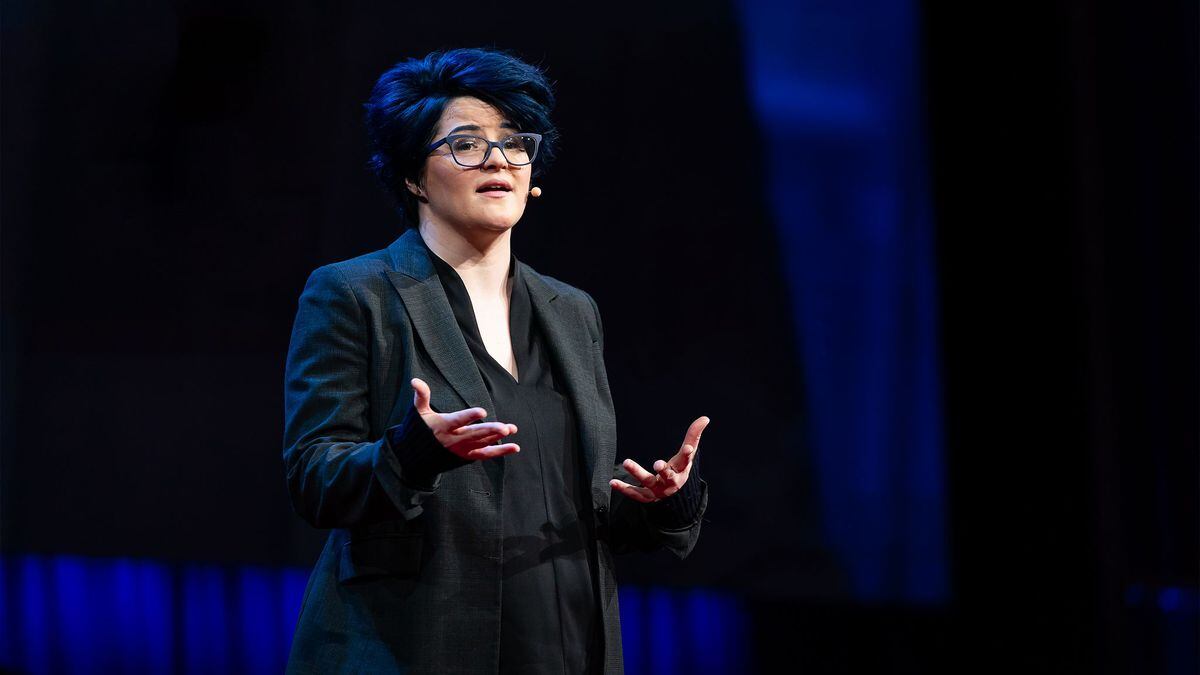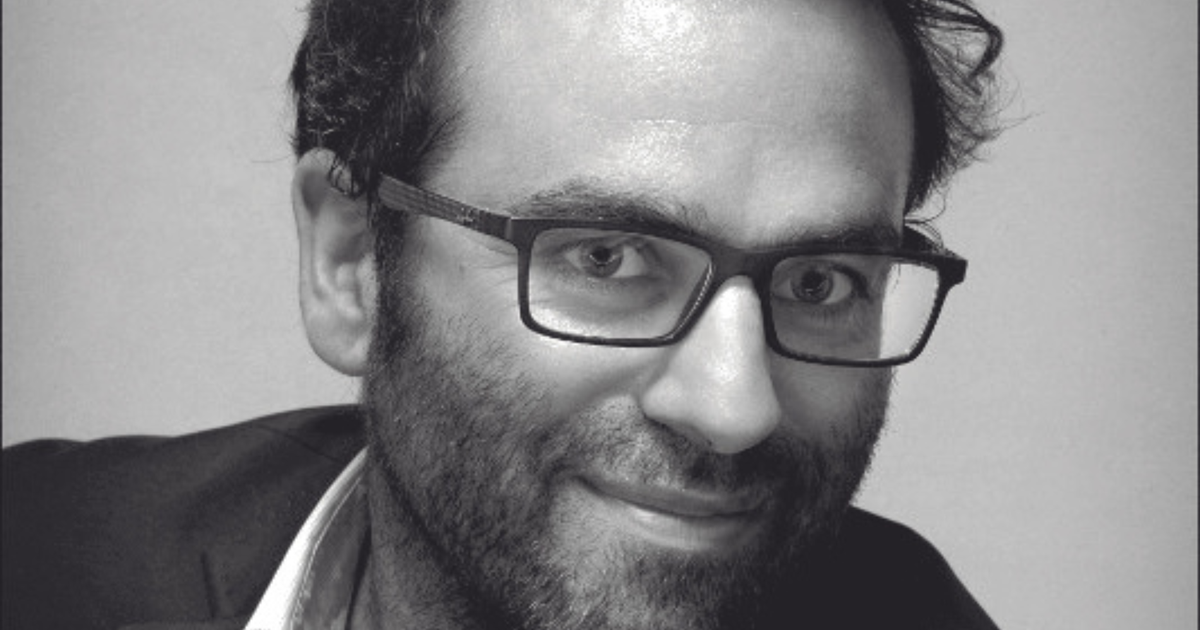The reaction of a child after listening to his parents having sex has gone viral. The child reacts very emotionally, starts to cry and is very angry. The little one does not understand. The video, which his sister posted, has been shared more than 100,000 times and has more than half a million likes on Twitter. But the reality is that sexuality is part of the lives of our children since they were born. And yet, it is still an issue that for some parents, and some children, can be cumbersome when it comes to treating it.
“The interesting thing would not be to see sex as a matter that needs to be addressed because the children have a certain age, we intuit that they can start masturbating or we catch a condom or a search for pornography on the Internet. It would be advisable to accompany the sexuality of our children, since they are boys and girls throughout each stage of their life and as they become the men and women they will be. But, as a mother or father, I can tell my son that I have a bit of a cut talk to him or her explicitly about sex, genitals or pleasures and orgasms, but that I like him to come to me and I think it's great talk, I will speak from that modesty or some discomfort and it is not something serious either, ”explains Miriam Sobrino Olmedo, Midwife and Sexologist at the Rey Juan Carlos de Móstoles Hospital.
There are many ways to address the sexual issue with children and it does not necessarily have to be from a scientific point of view. “Our children need us available, but not experts, to talk about sexuality or other issues such as death or politics. Being available means that the child perceives openness on our part to chat about the subject and answer their questions. If we do not know the answers or it catches us by surprise, we can not even answer them at that time and say that by not being very clear about what to tell, we will talk tomorrow. We do not need to have all the answers; nor the most precise or scientific about sexuality, ”says Miriam Sobrino Olmedo.
MORE INFORMATION
Hypersexualization: teenagers increasingly practice sex before
How to start talking about safe sex with your children
Talk about sex with young children
The approach of the sexual issue with young children is possible from a more basic approach and associated with the knowledge of their body. Thus, “when I bathe my two-year-old son, so that he knows his body, I can name the parts of his body. We wash the feet, the ears, the back, the penis, the foreskin, the ass . And not only that, but it is more than likely that given his curiosity, I have observed that my body as a woman is different from yours and it catches your attention that they do not match at all and I can continue explaining that it is not that I do not have a penis, but I have other things, a vulva with lips, vagina and clitoris. By the way, maybe before we get overwhelmed by telling you that sometimes the penis enters the vagina, we can tell that other things can come in, such as tampons or menstrual cups and when we get to the penis, you will know that the vagina is a muscular channel in which can be slipped, introduced or accommodated different tenants. Thus we help them through the game to know and recognize themselves not only in form but also in sensations, ”adds sexologist Miriam Sobrino.
Does society and education offer children and young people resources to have adequate information and management on sexuality? "Usually not. There are still many wrong beliefs and myths about sexuality among young people. And above all, his sense of immunity against sexually transmitted diseases. Easy access to pornography mitigates sexuality in terms of performance, reduces it to genitalism and coitocentrism and empties it of affection. The fact that they have to go specific trainers and experts in sexuality to school, evidences the failure of current education. Sexual training, like that of the rest of the other curricular areas, should be taught by the teacher in a transversal, continuous and integrated manner in the rest of the subjects from the stage of early childhood education ”, explains Darío Fernández Delgado, family doctor, expert in sexual medicine and psychologist, who recommends the following considerations on the sexual education of children:
You can follow De mamas & de papa on Facebook, Twitter or subscribe here to the Newsletter.






/cloudfront-eu-central-1.images.arcpublishing.com/prisa/XQYTTC7NDBDQTFDHAE2YZ6MAEI.jpg)


